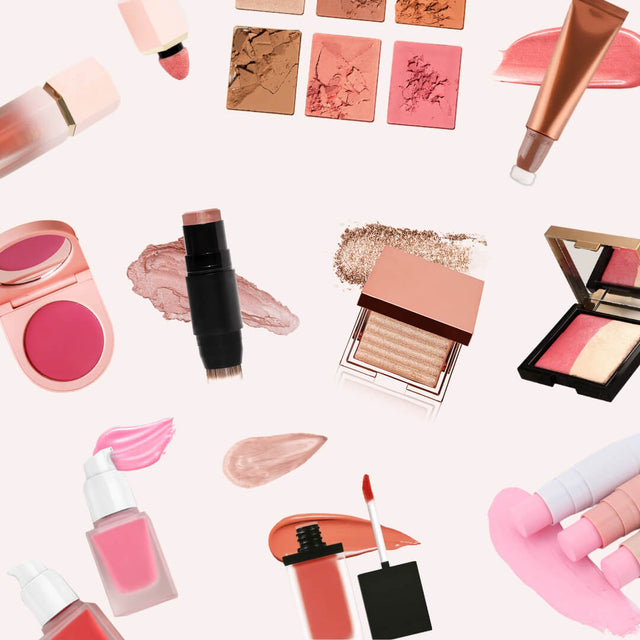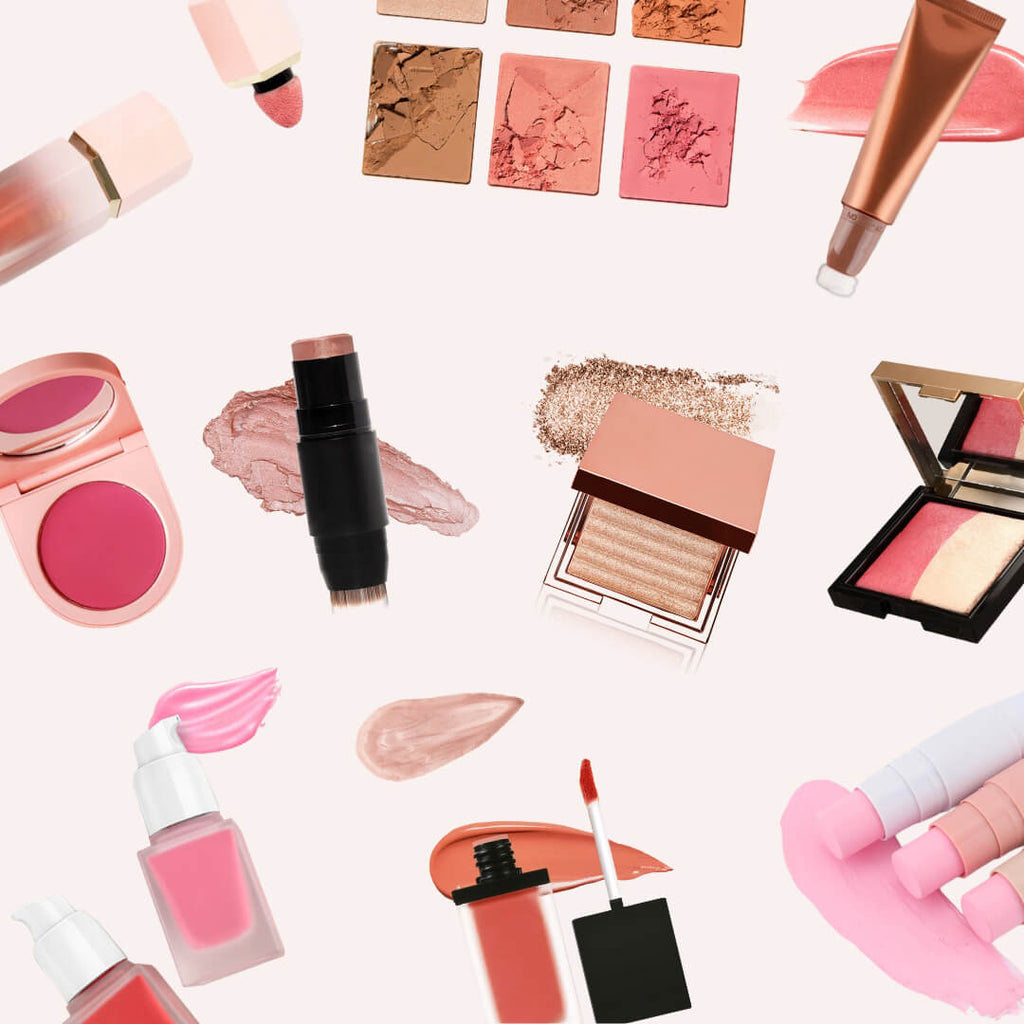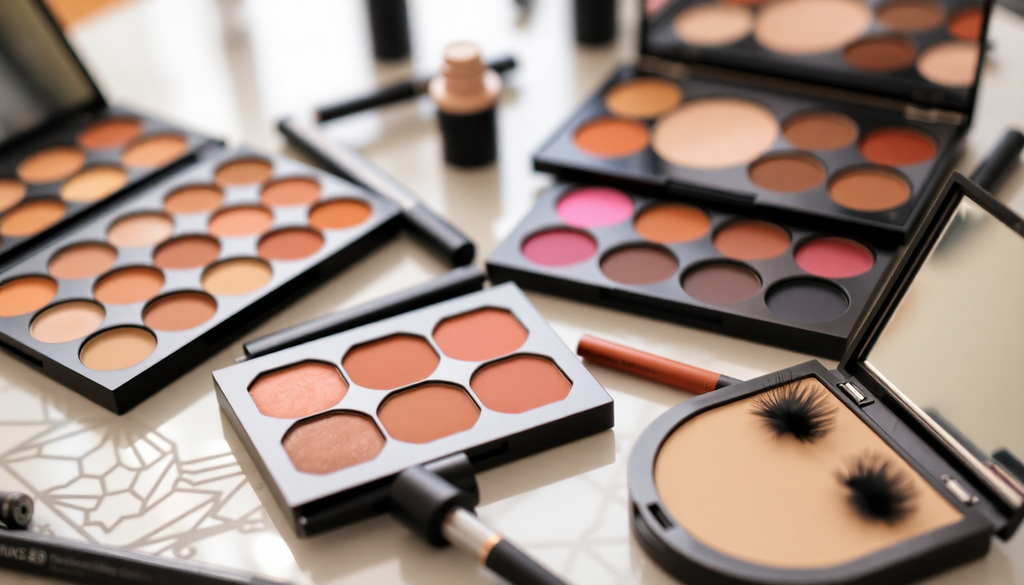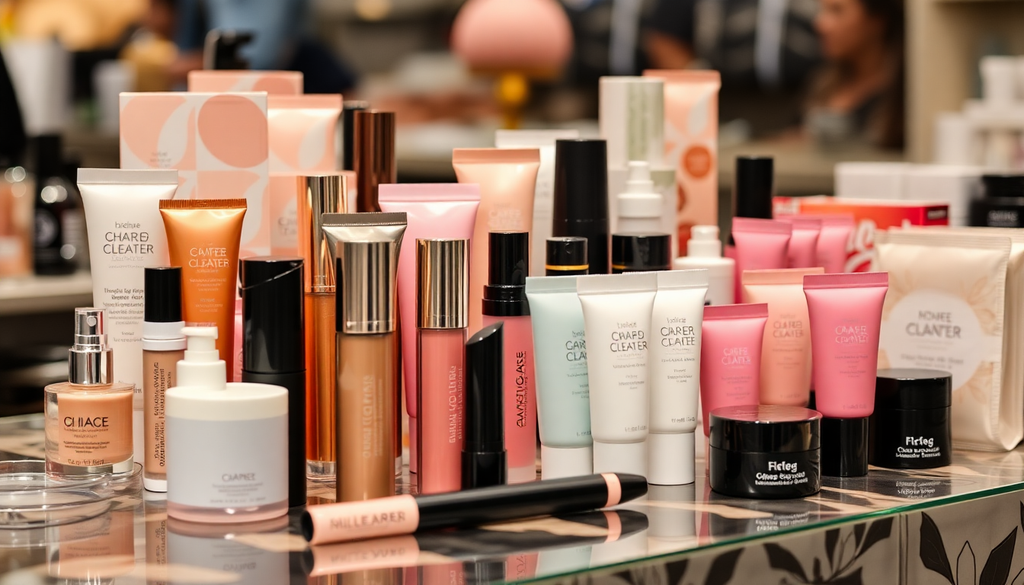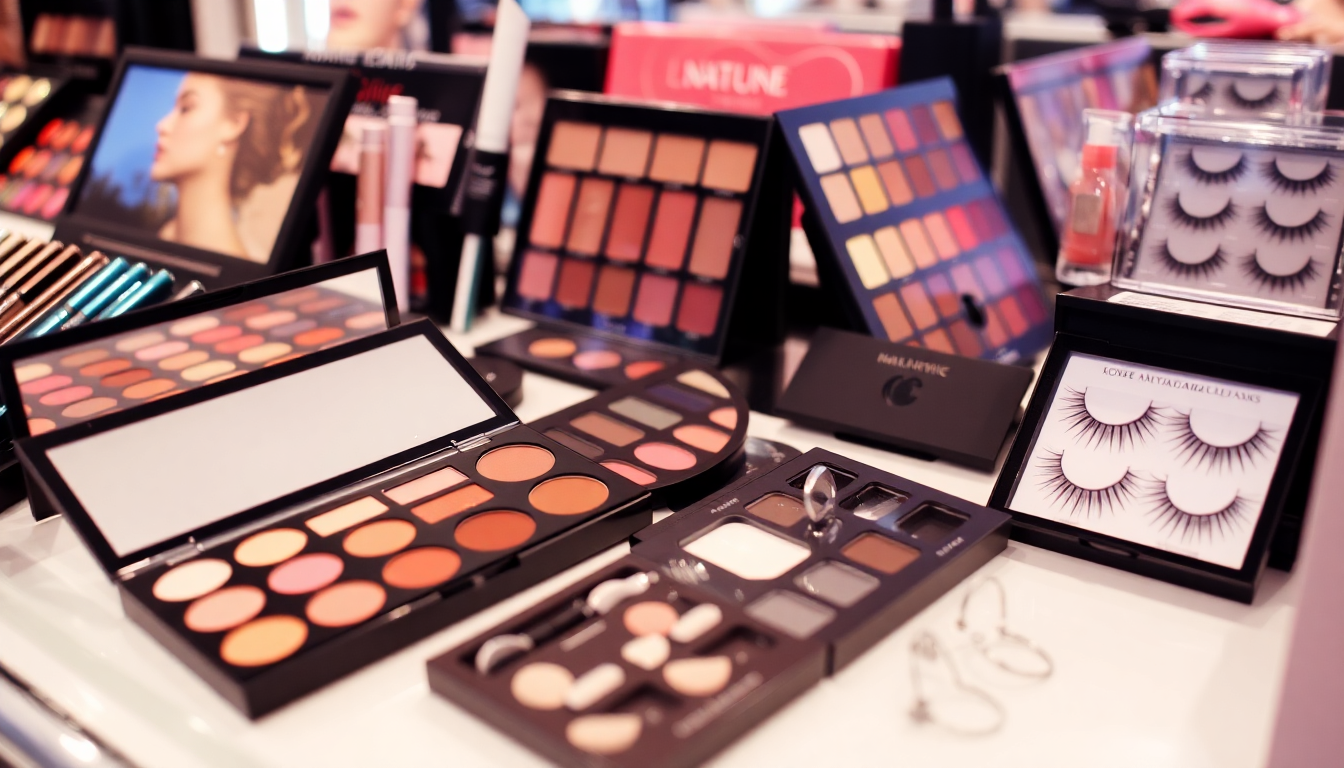
Navigating Global Makeup Markets: Essential Strategies for Launching Your Private Label Brand from Custom Eyeshadow Palettes to Magnetic Lashes in 2025
Introduction
The global makeup industry is poised for further growth in 2025, offering a wealth of opportunities for aspiring entrepreneurs. With consumer preferences evolving and new trends emerging, establishing a private label brand—especially one that specializes in products like custom eyeshadow palettes and magnetic lashes—can be both exciting and challenging. This comprehensive guide will equip you with essential strategies to successfully navigate the diverse global makeup markets and launch a thriving private label brand.
Understanding Market Regulations
Before diving into the entrepreneurial journey, it’s vital to understand the regulatory landscape in different markets. Each country has its own set of rules governing the production and sale of cosmetics, and compliance is crucial for your brand’s success. Below is an outline of key regulations in major markets:
-
United States: The Food and Drug Administration (FDA) oversees cosmetic products. While cosmetics do not need FDA approval before marketing, they must be safe for use. Key considerations include:
- Adhering to labeling requirements, which must list ingredients in descending order of predominance.
- Ensuring that your products do not contain banned substances and are not misleading in advertising.
- Conducting safety assessments to validate product claims.
-
European Union: The EU Cosmetics Regulation (EC) No 1223/2009 sets rigorous standards for safety and labeling. Important points include:
- Products must undergo safety assessments conducted by qualified assessors.
- A Product Information File (PIF) must be maintained for each product, detailing everything from ingredients to safety data.
- Cosmetic claims must be substantiated with evidence.
-
Australia: The ACCC governs the cosmetic market, emphasizing product safety and truthful advertising.
- All cosmetic products must comply with the Australian Consumer Law.
- Manufacturers must ensure products are labeled accurately and contain no misleading claims.
-
Japan: The Pharmaceutical and Medical Devices Agency (PMDA) oversees cosmetics, requiring pre-market approval. Key aspects include:
- Compliance with local safety standards and regulations.
- Registration of products that fall under the category of quasi-drugs, which includes items with specific health claims.
Setting Up Your Makeup Online Store
Creating an online store is a significant step in launching your private label brand. Here’s a detailed process to establish a successful e-commerce platform:
-
Choose the Right E-commerce Platform: Selecting a platform that suits your business needs is crucial. Popular options include:
- Shopify: Ideal for beginners, offering extensive support and customizable templates.
- WooCommerce: Perfect for those who want to integrate with WordPress, providing flexibility and control.
- BigCommerce: Great for scalability, with advanced features designed for growing businesses.
-
Design an Engaging User Experience: Your website should reflect your brand identity. Consider:
- High-quality images and videos showcasing your products.
- A clean, intuitive layout that simplifies navigation.
- Mobile optimization, as a significant percentage of consumers shop via their smartphones.
-
Implement SEO Best Practices: SEO is vital for driving organic traffic to your store. Focus on:
- Keyword research to identify and target terms that your potential customers are searching for.
- Optimizing product descriptions, meta tags, and images for search engines.
- Creating a blog with valuable content related to beauty tips and product usage to enhance your brand’s visibility.
Marketing Your Makeup Brand
Effective marketing is essential for establishing your brand and reaching your target audience. Below are various strategies to consider:
-
Influencer Collaborations: Leverage the power of social media influencers in the beauty niche. Tips include:
- Research and select influencers who align with your brand values and have an engaged audience.
- Provide them with free products for review or collaboration to generate authentic content.
- Consider long-term partnerships to foster brand loyalty and continuous exposure.
-
Social Media Advertising: Platforms like Instagram and TikTok are ideal for beauty brands. Effective strategies include:
- Creating visually appealing ads that showcase your products in use.
- Utilizing targeted ads to reach specific demographics based on interests and behaviors.
- Engaging with your audience through polls, Q&A sessions, and live tutorials.
-
Content Marketing: Establish your brand as an authority in the makeup industry through valuable content:
- Write blog posts that cover makeup techniques, trends, and product recommendations.
- Create video tutorials demonstrating how to use your products effectively.
- Engage with customers through newsletters featuring tips, special offers, and new product launches.
Trends to Watch in the Makeup Industry
Staying ahead of trends is crucial for maintaining your brand’s relevance. Here are some trends to keep an eye on in 2025:
-
Eco-Friendly Products: Sustainability is becoming a priority for consumers. Consider:
- Using biodegradable or recyclable packaging materials.
- Formulating products with natural ingredients free from harmful chemicals.
- Promoting transparency in sourcing and manufacturing processes.
-
Augmented Reality (AR) Technology: AR is revolutionizing the shopping experience:
- Implementing virtual try-on features on your website or app, allowing customers to see how products look on them.
- Creating engaging AR filters for social media platforms to encourage user-generated content.
-
Customizable Products: Consumers increasingly seek personalized experiences. Consider:
- Offering customizable shades and formulations based on individual preferences.
- Allowing customers to design their own palettes or packaging.
-
Inclusive Beauty: The demand for diversity in beauty products is growing:
- Expanding your shade range to cater to various skin tones.
- Highlighting diverse models and influencers in your marketing campaigns.
Building a Strong Brand Identity
Having a unique brand identity is essential in the saturated makeup market. Here’s how to build a memorable brand:
- Craft a Compelling Brand Story: Share your journey and mission. Consumers connect with brands that have authentic stories and values.
- Create a Distinct Visual Identity: Develop a cohesive look with a recognizable logo, color palette, and typography that reflects your brand's personality.
- Engage with Your Audience: Foster a community around your brand by responding to comments, asking for feedback, and creating a dialogue with your customers.
Conclusion
Launching a private label makeup brand in 2025 requires a multifaceted approach that encompasses understanding global regulations, establishing an effective online presence, and implementing innovative marketing strategies. By staying attuned to market trends and consumer preferences, you can carve out a niche for your brand while delivering quality products that resonate with customers. Embrace the journey of entrepreneurship in the vibrant world of makeup, and let your creativity shine!

